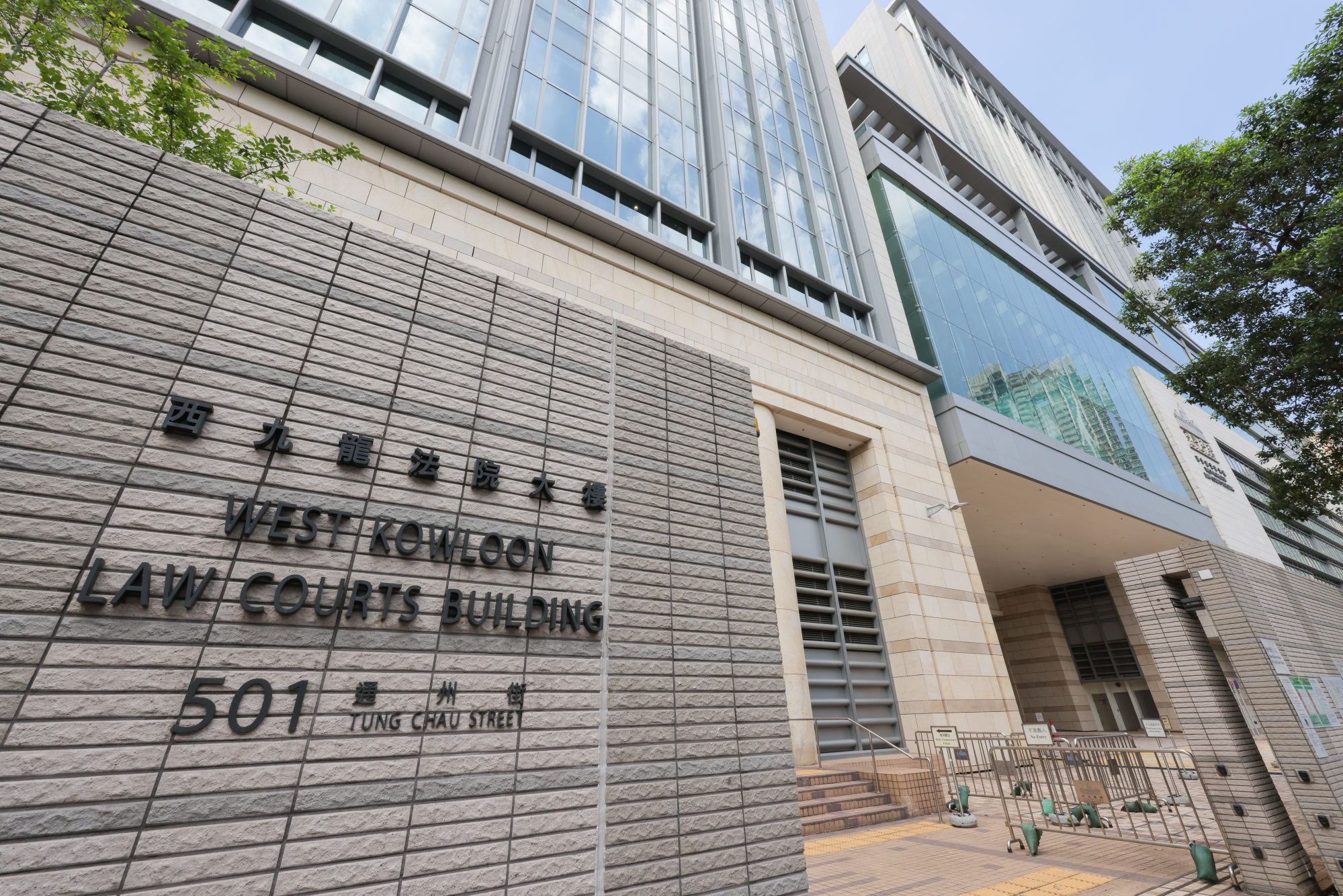Activist Koo Sze-yiu jailed for 9 months over protest attempt, marking his second prison sentence under Hong Kong’s colonial-era sedition law
“The defendant seized upon the district council election to call on others to reject the poll’s results, thereby instigating resistance,” said the magistrate, who was endorsed by the city leader to hear national security cases.

So said the intended use of the coffin and joss paper, a protest routine Koo had established over his years of activism, conveyed a message of overthrowing the Chinese Communist regime.
Koo was charged with attempting or preparing to commit an act or acts with seditious intention, which is punishable under the Crimes Ordinance by up to two years in jail for a first offence, and up to three years for subsequent transgressions.
‘Hong Kong activist Koo Sze-yiu arrested over sedition while heading to protest’
The veteran activist, who is suffering from rectal cancer, has been detained since his arrest on December 8 last year. He was taken into custody by police’s national security department that morning hours before the planned demonstration outside the Treasury Building in Cheung Sha Wan.
The trial earlier this month heard Koo had prepared protest banners claiming the city’s “one country, two systems” governing principle had been “sent to the mortuary” and that the new electoral system only allowed those loyal to the Chinese Communist Party to take part.
A police investigator said the force was concerned the intended protest might trigger violence and disorder.
Hong Kong hits back at remarks by US consulate on national security law
Koo said in a cautioned interview that opposition hopefuls were barred from running for public office under the new regime. He also accused the government of depriving residents of fundamental rights and causing a “great retrogression” in the city’s political development.
The activist appeared unfazed by Friday’s verdict and said his intention had all along been to promote democracy and freedom.
“I have taken part in peaceful petitions and demonstrations for many decades … It is my pleasure to be a fighter in this social movement. I have longed to be a warrior and martyr for democracy and human rights,” he said in his mitigation statement.
He described Hongkongers as having “one foot in this world and the other in the underworld”, adding “they cannot find their graves even if they sob their hearts out”.
His comments were cut short by the magistrate, who warned him against making a political speech in court.